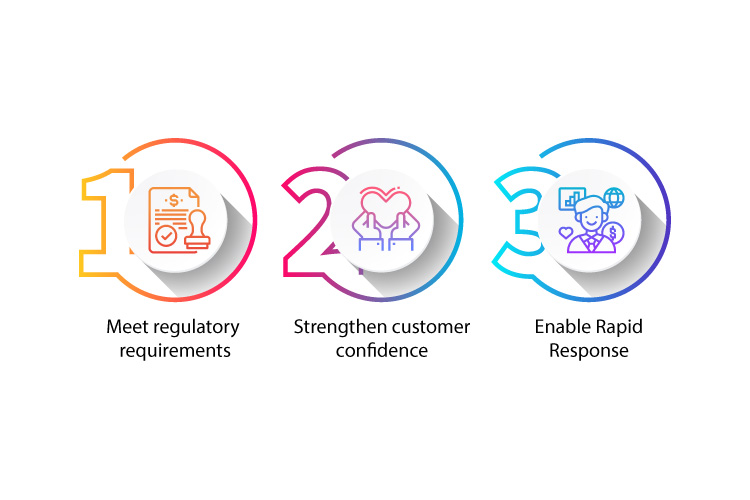
If nothing else, the Covid 19 pandemic brought home the critical need to be connected to the business, and that the business be up and running in the first place. Organizations are finding out that without data, their operations will be badly hamstrung, and no real value can be added to the business. Ergo: Disaster Recovery! Planning for contingencies like disaster and recovery thereof mitigate the effects of downtime of business operations; but, without Business Continuity, planning for recovery from disasters is only half the story. With organizations large and small increasingly dependent on digital connectivity and data access, it is critical for businesses to focus their management practices on business continuity strategies.
The fallacy of Business Continuity vs Disaster Recovery thinking
That Disaster Recovery is a must-have is a no-brainer. But to keep revenue streams flowing and customer confidence high, it is equally important for a business to have its mission-critical applications ticking away. And when it comes to ensuring round-the-clock availability of systems and applications, the cloud is really the best—if not, the only—option.
Disruption to business through unplanned downtime creates significant damage on multiple fronts: customer confidence, organizational credibility, financial loss, regulatory penalties, possible litigation, etc. It doesn’t matter whether the downtime is a result of hardware failure or human. In this respect, pre-emptive action is really the best cure. Managed business continuity allows quick data recovery and gets your systems and applications back on line swiftly.
In a traditional IT scenario, data is usually centralized, usually in an on-premises environment. This holds the potential for massive loss in the event of a disaster, However cloud technology evolutions are decentralizing the data and improving protection of data. The truth is that system failures and data loss are endemic. But with a holistic business continuity action plan organizations can ensure safety of sensitive data while protecting the infrastructure from malicious or circumstantial harm.
Three Benefits of Managed Business Continuity
1. Meet regulatory requirements
There is growing pressure from both industry bodies and governmental departments to ensure business continuity. New, and growing, governance legislations have made it mandatory for businesses in various corporate sectors to exercise due diligence in preparing for threats and challenges. They must be not only be on guard for cybercrime risks but also prepared to respond and recover from any attack.
2. Strengthen customer confidence
A robust managed business continuity strategy enables organizations to run without disruptions and interruptions. It shows that the organization has its priorities right in terms of its responsibilities to customers, stakeholders, and employees. This, in turn, boosts customer confidence and promoted stronger, longer relationships.
Build Business Credibility
Strong business continuity translates into strong customer-centricity. And when customer’s queries/problems are quickly responded to and addressed, it attracts positive sentiment and builds business reputation. Internally too, when operations are well managed, and running smoothly, it also improves morale.
3. Enable Rapid Response
Setting down lucid processes and policies to address incidents/disasters enable business operations to run smoothly. A cloud-hosted backup and disaster recovery solution enables managed business continuity and allows organizations to address any potential problem almost immediately.
Conclusion
While managed business continuity is no doubt essential for every modern organization to stay profitable, it does more than prepare a business or organization for disasters or problems that disrupt operations or cause downtime. It also secures organizations against hiccups in day-to-day business operations.







































